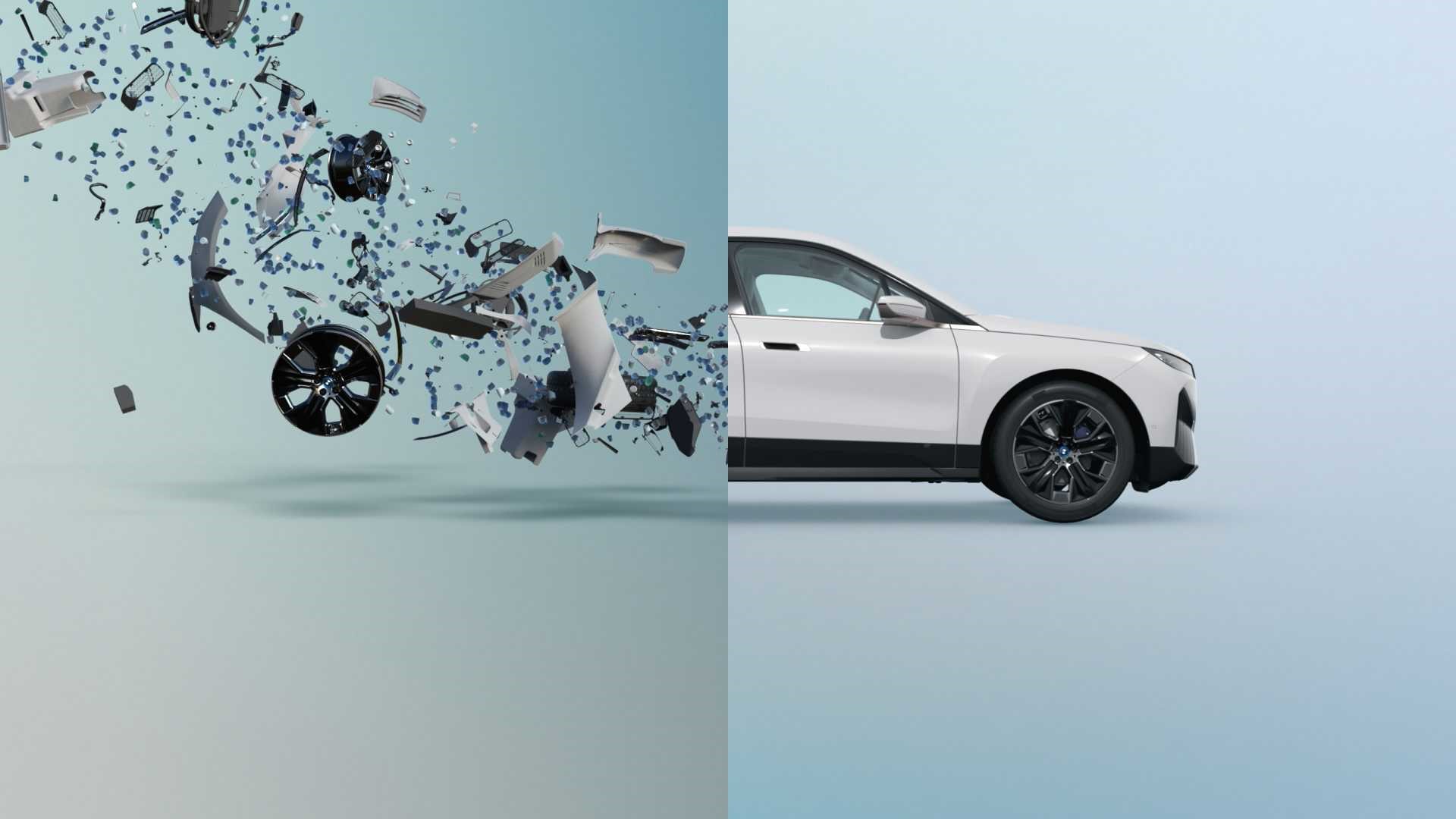

Innovating dismantling and automated sorting may improve the quality of secondary raw materials from end-of-life vehicles. A federally funded project called Car2Car brings together auto companies, recyclers, and scientists to answer this question. With sensor technology and spectroscopic techniques for substance identification, the Helmholtz Institute Freiberg for Resource Technology lends its experience to material detection. With a focus on the circular economy, the goal is to use more secondary materials in new cars.

Climate protection aims and supply limitations in the raw materials sector do not end with the automobile sector. The Federal Ministry of Economics and Climate Protection (BMWK) has established the "New Vehicle and System Technologies" funding programme to make automobiles, traffic, and mobility fit for the future. New technologies will be created and proven as prototypes by the end of 2025, bolstering the German industry's inventive strength and long-term viability.
Michael Kellner, Parliamentary State Secretary at the BMWK, said, "Germany as a business destination places a lot of emphasis on the successful transition of automotive manufacturers and suppliers. An important step towards climate neutrality and supply chain security is a more circular economy that recycles and conserves materials. Therefore, efforts that promote innovation in this field are quite important. To strengthen industrial value creation, support from the Federal Ministry of Economics helps to decrease the dependence of the automobile industry on imported raw materials. It ensures the long-term supply of raw materials to the economy."
Experts from the automotive, scientific, and recycling fields collaborate on the Car2Car project to develop automated dismantling concepts for the most significant groups of materials found in cars like aluminium, steel, glass, plastic and copper as well as to advance the sorting and processing of these secondary raw materials.
Five hundred end-of-life automobiles provided by the project manager BMW AG are being used in a large-scale test to develop and demonstrate the whole process chain from the vehicle part to reuse. According to their different areas of expertise, the project partners continue to build the process stages as a group, setting up a cycle that permits a thorough examination of material flow models. Furthermore, industrial scalability, environmental impact, and economic analyses should be conducted.
Digital technologies and artificial intelligence (AI) are automating and speeding up recycling processes that used to be manual. Robotic technology, for instance, can significantly or partially automate the disassembly process. It is feasible to considerably improve the quality and purity of aluminium, steel, glass, copper, and plastic materials by integrating systems for the optical and AI-supported detection and sorting of recyclable materials in the post-shredder process.
A database for the technological-economic assessment as well as for the balancing of the material flows, is created from the samples collected during the treatment process and the material characterizations obtained.
BMW AG, TU Bergakademie Freiberg, Helmholtz Institute Freiberg for Resource Technology at HZDR, TU Munich, Scholz Recycling GmbH, Steinert UniSort GmbH, Thyssenkrupp Steel Europe AG, Salzgitter Mannesmann Forschung GmbH, Aurubis AG, Novelis Deutschland GmbH, Oetinger Aluminium GmbH, and Pilkington Automotive Deutschland GmbH are the partners in the Car2Car funding project.
Responses








